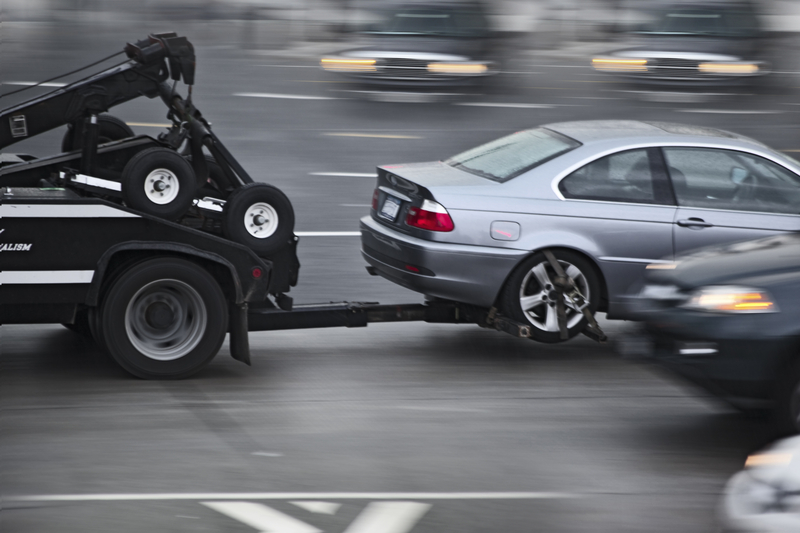When a car is repossessed, money may still be owed to the lender. That debt is referred to as a deficiency balance which can be paid in full, settled for less or in some instances left alone.
QUESTION: Okay Lisa if you can help me I would greatly appreciate it. I had a vehicle repossessed, now it says states that it was charge off bad debt. It says open date is 4/2006, reporting date is 12/2011. Now this was brought by another company they are now trying to collect the debt, they opened it in 3/15 last reported in 2/17. My question to you, I am trying to purchase a home what route should I go? Should I dispute the charge off, or call the original company to make payments? Or pay the company that brought the debt?
ANSWER: Your strategy really depends on consultation with your mortgage lender. A mortgage lender can best advise you but, if you are trying to clean your credit before you apply, here are several things you may want to consider:
(1) Do you know the date of first delinquency of the car repossession? In other words, was the charge-off in 2006 or in 2011. If it was 2006 then the charge-off should no longer be reporting on your credit reports because of the 7.5 year credit reporting time limit. If, 2011 is when the charge-off occurred then the account should be removed in or about 2018. You may want to order your credit reports from each of the credit bureaus to determine when the charge-off is due to be removed.
(2) Disputing the charge-off could result in a deletion if the creditor does not respond in 30 days; or, it could be verified as accurate and that could be a problem. When a charge-off dispute is verified as accurate the date of last activity is updated which causes the charge-off to look more recent. It doesn’t cause the charge-off to remain on your credit reports longer but it can cause a decrease in credit scores because the charge-off looks more recent to the FICO scoring system.
(3) It would more than likely be fruitless to contact the original creditor because it sounds as though the deficiency debt was sold, not transferred to a debt collector. If you must pay the debt collector, I would suggest negotiating a settlement along with a deletion of the debt collector’s account. This would be your best bet if you choose to pay the deficiency balance. The older a debt gets, the less it is worth to the debt collector. However, do not inform the debt collector you are seeking a mortgage because they may not be willing to negotiate a lower settlement. You can get more information about a pay for delete agreement here.
(4) The best thing you could do to manage your credit scores and reduce the impact of a repossession is to make sure you manage your other credit obligations well. Current account balances (credit cards) should be low to zero and all of your payments on current credit accounts should be made on time. A positive record will help offset the car repossession on your credit reports.
















